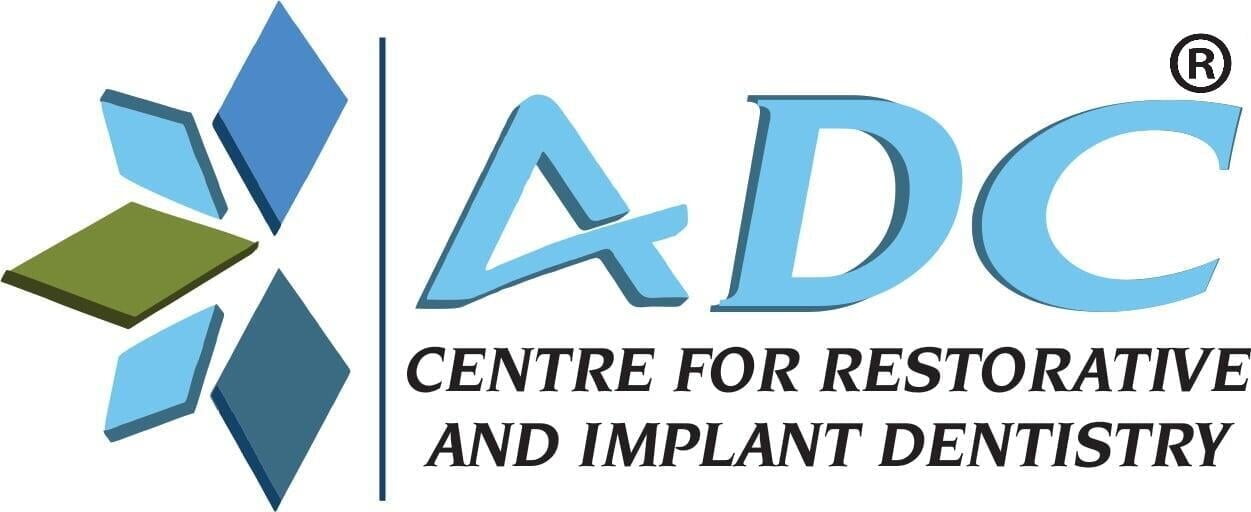Understanding the Causes of Toothache
Tooth pain can arise from a variety of conditions. The most common causes include:
* Dental caries (tooth decay): Bacteria erode the enamel and reach deeper layers of the tooth.
* Pulp infection: Infection or inflammation in the tooth pulp (nerve tissue) due to deep cavities or trauma.
* Gum disease: Swollen or receding gums can expose tooth roots, causing pain and sensitivity.
* Tooth fracture or cracked tooth: Even a minor crack can lead to severe pain when chewing or exposed to temperature changes.
* Impacted wisdom teeth: When wisdom teeth fail to erupt properly, they can cause pain and swelling.
* Sinus infection or jaw disorders: In some cases, pain may radiate from nearby structures, mimicking a toothache.
Identifying the cause through a dental examination and X-rays is crucial for determining the most effective treatment.
Common Toothache Treatments

Prevention plays a vital role in avoiding future toothaches. Regular brushing with fluoride toothpaste, flossing, avoiding excessive sugary foods, and bi-annual dental check-ups can keep your teeth and gums healthy. Early detection of cavities or gum issues prevents major pain later.
Toothache should never be ignored — it’s your body’s way of signaling that something needs attention. With advanced toothache treatment options, dental professionals can quickly diagnose the cause and offer lasting relief. If you’re experiencing persistent tooth pain, visit your dentist without delay. Early treatment ensures faster recovery, protects your teeth, and brings back your comfort and smile.














